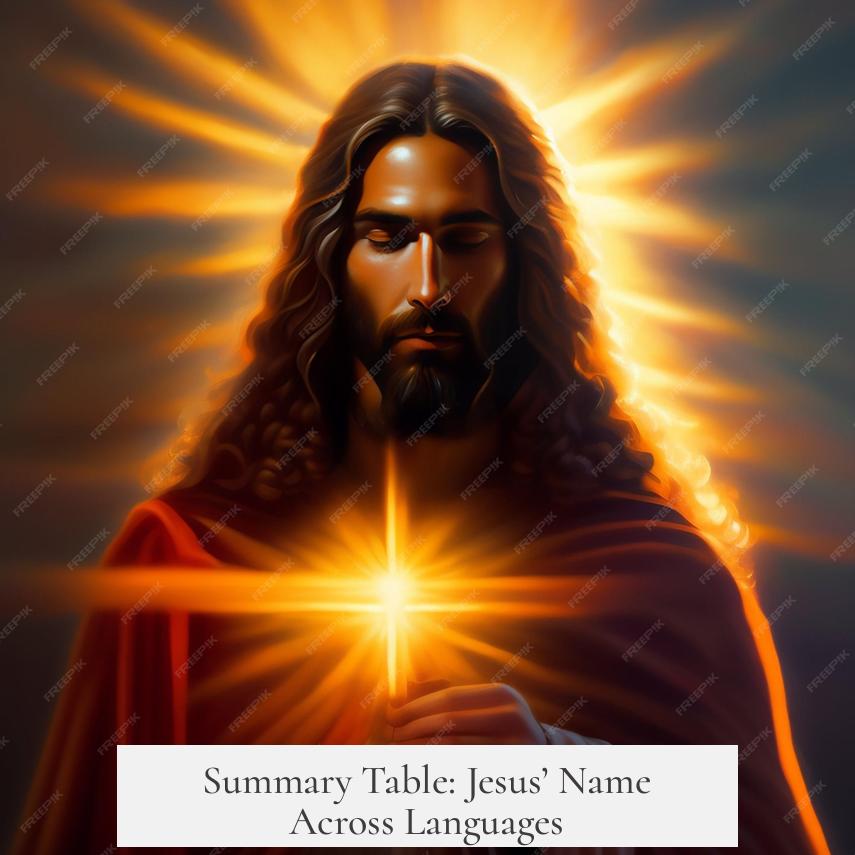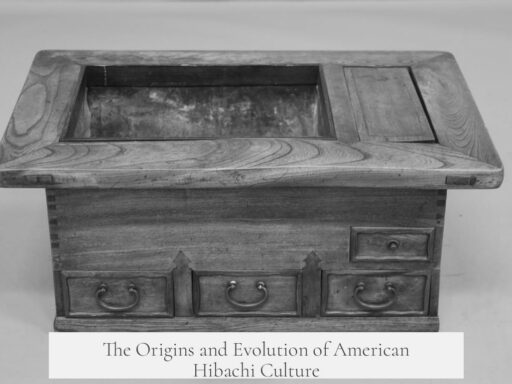Jesus is called Isa in the Quran due to the linguistic transformation of his original name as it moved through different languages. The name Jesus originally comes from the Hebrew name ישוע (Yeshua), which means “God saves.” This name underwent changes as it passed through Greek, Latin, and finally Arabic, leading to different forms in each language.
The Hebrew name Yeshua was transliterated into Greek as Ἰησοῦς (Iesous). The Greek language adapts foreign names to its phonology, so Yeshua became Iesous. From Greek, this name was transferred into Latin as Iesus. Over time, English adopted the Latin form and it evolved into the modern name “Jesus.”
In Arabic, the name transformed into “Isa” which is the form used in the Quran. This transformation followed a similar process of transliteration, adapting the name to fit Arabic phonetics and script. The exact historical linguistic path from Yeshua/Iesous to Isa is less documented, but it reflects common patterns of name adaptation across languages.
The difference in the forms comes from how each language handles the sounds and letters of the original name. Greek adds an ending “-s” due to grammar, Latin keeps the Greek form mostly intact, and Arabic has its own set of sounds and writing rules that resulted in “Isa.”
- The original Hebrew name is Yeshua, meaning “God saves.”
- Greek transliteration is Iesous, adapting Hebrew sounds into Greek phonology.
- Latin took the Greek Iesous and rendered it as Iesus.
- English evolved “Iesus” into “Jesus.”
- Arabic adapted the name differently, creating the form “Isa” found in the Quran.
This linguistic journey explains why the Quran uses Isa instead of Jesus. Both names refer to the same historical figure but reflect the unique phonetic and scriptural systems of different languages.
- Yeshua is the Hebrew origin of the name Jesus.
- Greek and Latin translations modified the name to Iesous and Iesus.
- English adopted the Latin form as Jesus.
- Arabic transliterated the name to Isa for the Quran.
- The changes reflect language-specific adaptations, not differences in identity.
Why Is Jesus Called Isa in the Quran? A Linguistic Journey Through Time and Culture

The short and fascinating answer is this: The name Isa in the Quran is essentially the Arabic rendition of the original name Yeshua, which evolved through various languages and cultures before reaching its current form. But to fully understand why Jesus is called Isa in the Quran, we must dive deeper into how names morph and travel across time and tongues. And trust me, it’s quite a linguistic adventure!
The Original Name: Yeshua – A Name That Saves
Our story begins with the name Most Likely used by Jesus himself: ישוע (Yeshua). Pronounced roughly as “Yeh-shoo-ah,” this Hebrew name means “God saves.” Pretty powerful, right? It’s a direct reflection of the central Christian belief in Jesus as the savior.
Yeshua was a common name in the Jewish community during the Second Temple period. The spiritual significance packed into it laid a foundation for the reverence that came later.
From Yeshua to Iesous: The Greek Connection
Here’s where it gets tricky—imagine a game of telephone across time and languages. When early Christian texts were translated from Hebrew to Greek, the name Yeshua didn’t simply stroll through.
The Greeks had no “sh” sound and no “yah” ending, so they adapted it to Ἰησοῦς (Iesous). Greek is quite resourceful but limited in phonetics compared to Semitic languages. This adaptation retained the core of the name’s sound, but presented it in a form we probably don’t recognize instantaneously.
This Greek version made its way into the New Testament, a text that would later go on to influence Western languages significantly.
The Latin Twist: From Iesous to Iesus
Next up: Latin. The Romans got the Greek documents and transliterated Ἰησοῦς (Iesous) into Latin as Iesus. Latin also lacks a “sh” sound, and the name’s ending shifted to suit Latin norms.
Now, you’re probably thinking, “Wait, does this have anything to do with our modern Jesus?” Absolutely.
This Latin version, Iesus, eventually evolved into the English “Jesus.” The English alphabet and pronunciation changed the “I” into a “J” sound (a recent development historically speaking), and voilà, modern Jesus.
The Arabic Shift: Enter Isa

Now, let’s jump over to Arabic, where things take an interesting turn. The Quran, written centuries later, uses the name Isa (عيسى) to refer to Jesus. It’s a distinct form, but connected in essence.
The exact path from Yeshua to Isa isn’t as transparently documented as the Greek or Latin transformations. Linguists propose that Isa may derive from an Aramaic or Syriac form—languages closely related to Hebrew and spoken in Jesus’ time. Alternatively, it could result from how Arabic phonology naturally adapts Semitic names.
Notably, unlike the Greek “Iesous” that added an “s” at the end, the Arabic form Isa loses that and instead opts for a shorter, punchier sound. Isa flows easily in Arabic, fitting its phonetic rules and making it a natural fit for the Quranic text.
Why Not Use “Yeshua” or “Jesus” in the Quran?
You might wonder why the Quran uses Isa instead of Jesus or Yeshua. The answer lies in language, culture, and religious context.
- Language Suitability: Arabic phonetics don’t accommodate all sounds from Hebrew and Greek exactly.
- Cultural Distinction: Isa is a respectful, unique name for Jesus within Islamic tradition, emphasizing his role as a prophet rather than the Son of God, as per Islamic belief.
- Linguistic Evolution: Different linguistic routes led each community to settle on its own familiar term.
Key Takeaway: A Name Traveling Through Time
Thinking practically, this journey of ‘name transformation’ isn’t unique to Jesus. Names often change as people migrate, languages evolve, and cultures intermingle. It’s a reminder of how interconnected human history and language really are.
In this case, whether it’s Yeshua, Iesous, Jesus, or Isa, it’s the same person revered in different faith traditions and languages.
Got You Thinking: Why Does It Matter?
Understanding how Jesus became Isa in the Quran does more than satisfy curiosity. It builds bridges between communities. It highlights respect for storytelling and tradition. It encourages appreciation for linguistic diversity.
And if you ever find yourself chatting about this topic, you can now provide a well-rounded, informed answer that’s equal parts enlightening and engaging. Plus, you can impress people with cool facts about phonetics and ancient transliteration.
Summary Table: Jesus’ Name Across Languages

| Language | Name | Key Features |
|---|---|---|
| Hebrew | ישוע (Yeshua) | Means “God saves,” original name |
| Greek | Ἰησοῦς (Iesous) | Adapted phonetics, no “sh” sound |
| Latin | Iesus | From Greek, influences Western languages |
| English | Jesus | Derived from Latin Iesus, J sound developed later |
| Arabic | عيسى (Isa) | Quranic name, adapted to Arabic phonetics |
Final Thoughts
The transformation of Jesus’ name into Isa is a testament to how language evolves to fit cultural and phonetic needs. It reminds us that names carry stories, histories, and bridges between peoples. Next time someone asks why Jesus is called Isa in the Quran, you’ll have a compelling and detailed answer ready.
Language is history in disguise. And in this case, it’s a lively storyteller! So, what do you think—does exploring name origins change how you see religious texts? Share your thoughts!




